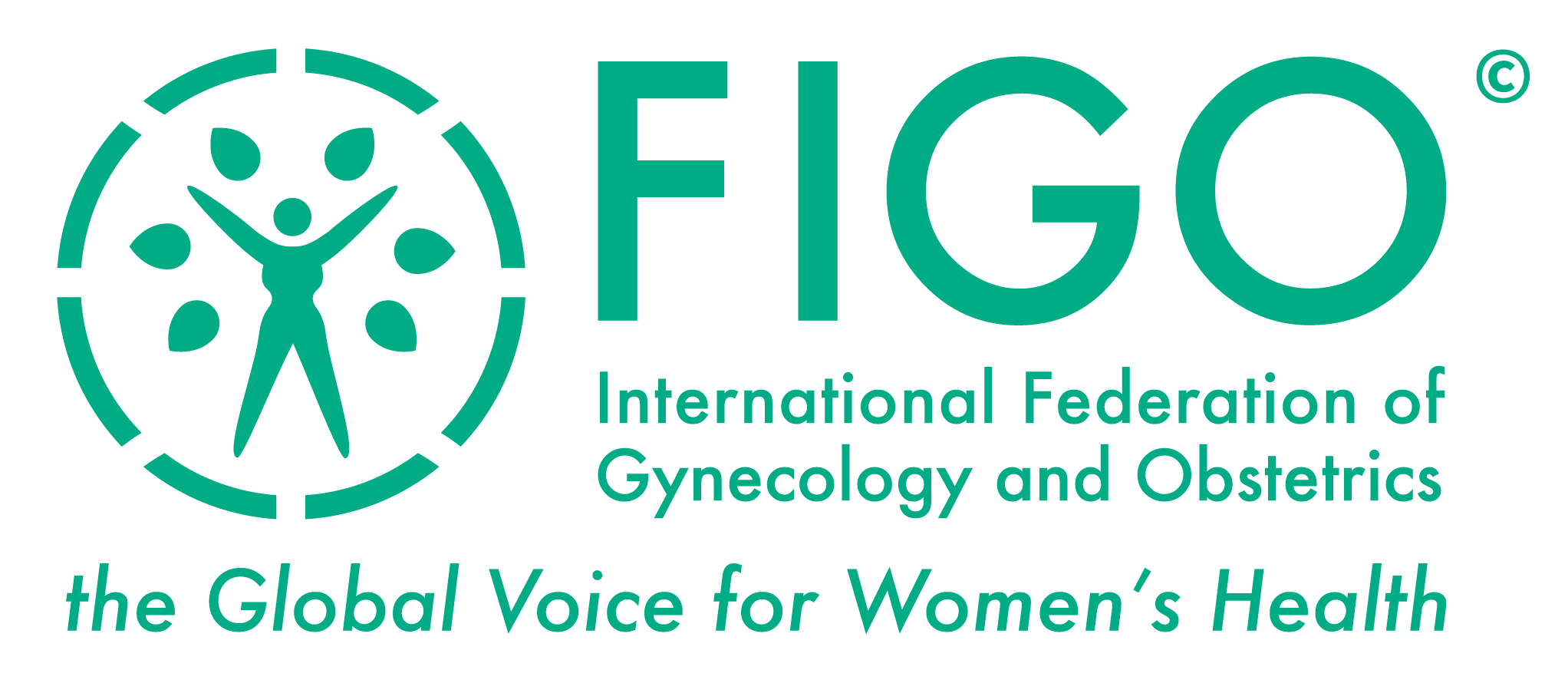Reindollar RH, Regan MM, Neumann PJ, Levine BS, Thornton KL, Alper MM, Goldman MB (2010)
A randomized clinical trial to evaluate optimal treatment for unexplained infertility: the fast track and standard treatment (FASTT) trial. Fertil Steril 94:888-99.
OBJECTIVE:To determine the value of gonadotropin/intrauterine insemination (FSH/IUI) therapy for infertile women aged 21-39 years.
DESIGN:
Randomized controlled trial.
SETTING:
Academic medical center associated with a private infertility center.
PATIENT(S):
Couples with unexplained infertility.
INTERVENTION(S):
Couples were randomized to receive either conventional treatment (n=247) with three cycles of clomiphene citrate (CC)/IUI, three cycles of FSH/IUI, and up to six cycles of IVF or an accelerated treatment (n=256) that omitted the three cycles of FSH/IUI.
MAIN OUTCOME MEASURE(S):
The time it took to establish a pregnancy that led to a live birth and cost-effectiveness, defined as the ratio of the sum of all health insurance charges between randomization and delivery divided by the number of couples delivering at least one live-born baby.
RESULT(S):
An increased rate of pregnancy was observed in the accelerated arm (hazard ratio [HR], 1.25; 95% confidence interval [CI], 1.00-1.56) compared with the conventional arm. Median time to pregnancy was 8 and 11 months in the accelerated and conventional arms, respectively. Per cycle pregnancy rates for CC/IUI, FSH/IUI, and IVF were 7.6%, 9.8%, and 30.7%, respectively. Average charges per delivery were $9,800 lower (95% CI, $25,100 lower to $3,900 higher) in the accelerated arm compared to conventional treatment. The observed incremental difference was a savings of $2,624 per couple for accelerated treatment and 0.06 more deliveries.
CONCLUSION(S):
A randomized clinical trial demonstrated that FSH/IUI treatment was of no added value.
